During the last years of Sir Isaac Newton’s long life in 1692-1693, people debated what Sir Isaac Newton had really done, especially amid reports that he had gone through a state of “madness”. Scholars and historians are curious about what’s been going on the genius’ head since the news of his death spread. His mental state had been a hot topic among geniuses all over the world. Some people assumed that Sir Isaac Newton had suffered from Asperger’s Syndrome as he had many symptoms for the condition.
Some speculated that he experienced depression like other prodigies, and some have blamed all of the chemicals he had been exposed to during his experiments, primarily lead and mercury. At the same time, Newton kept to himself, he hadn’t made many friends or intimate relationships because he was suspicious of people around him. People who surrounded him thought that he was in a state of paranoia all his life.
In the early 19th century, Newton was labeled by those around him as spiritless and indifferent. Although he had been a resident at the Trinity College, he was really aloof with the students and only a few times seen tutoring them. He was also considered as an atheist, as he completely isolated himself to the world.
Newton was even questioned if he knew the word “entertainment”. However, with the fact that he still lived for another three decades, it seems that whatever he was suffering from, he was able to successfully overcome that period of “madness”. Here you will see how Sir Isaac Newton fell into his state of madness back in the 17th century.
He Made Some Not So Wise Decisions
Everyone might be probably aware that Isaac Newton was also one of the geniuses who became a little obsessed with alchemy. He started to study this branch of philosophy in the late 17th century and left the world with millions and thousands of notes and questions. He had some published works but did not give all of it freely. Mostly written in codes, he treated every bit of his research as his ultimate secret.
As people may know, alchemy involves heavy experimentation of metals, gold, and silver. Around 1692, he was reported to be experimenting with a bunch of heavy metals right before his mental health condition was questioned. Since he was exposed with too much mercury and lead, people speculated that this was the cause of his madness.

When his body was examined after his death, his body was revealed to have been contaminated with a large amount of dangerous and toxic metals particularly, lead and mercury. This was not difficult to believe as some of his notes included very physical observations, such as directly smelling and tasting the metals. It was strange how such a genius did not question the safety of those heavy metals on the body.
It was reported that right after the beginning of his alchemy experiments, his colleagues noticed the symptoms of his mental illness. According to the reports, he suffered from depression, chronic indigestion, paranoia and insomnia. Up until today, these facts were still a great basis in debates and whether Newton got his madness from this experimentation or they just worsened in this time period.
A Seeker of the Philosopher’s Stone
Wherever you are, it is impossible for you to never hear about the “Philosopher’s Stone”. Its tale had been passed from decades to decades. It was really famous for alchemists in the past and of course, Isaac Newton was perfectly aware of that too. Records have proven that he spent some time in his life searching for it. The Philosopher’s stone was believed to be a mythological piece of substance which can transfigure all kinds of metals into silver and gold. However, aside from the promise of wealth, the stone was also believed to be the key to youth and ever-lasting life. The search for the Philosopher’s stone was even referred to as “Magnum Opus” which was the Latin word for ‘Great Work’.
However, although the stone was pretty famous, alchemy or ‘chymistry’, an Old English term for the study in the past, it was all illegal. The study of alchemy was considered as an act of atheism, thus it was illegal. However, the geniuses did not stop with their search and instead use a kind of linguistic trick or another language as their code when they spoke to one another, and of course, Isaac Newton was one of them.
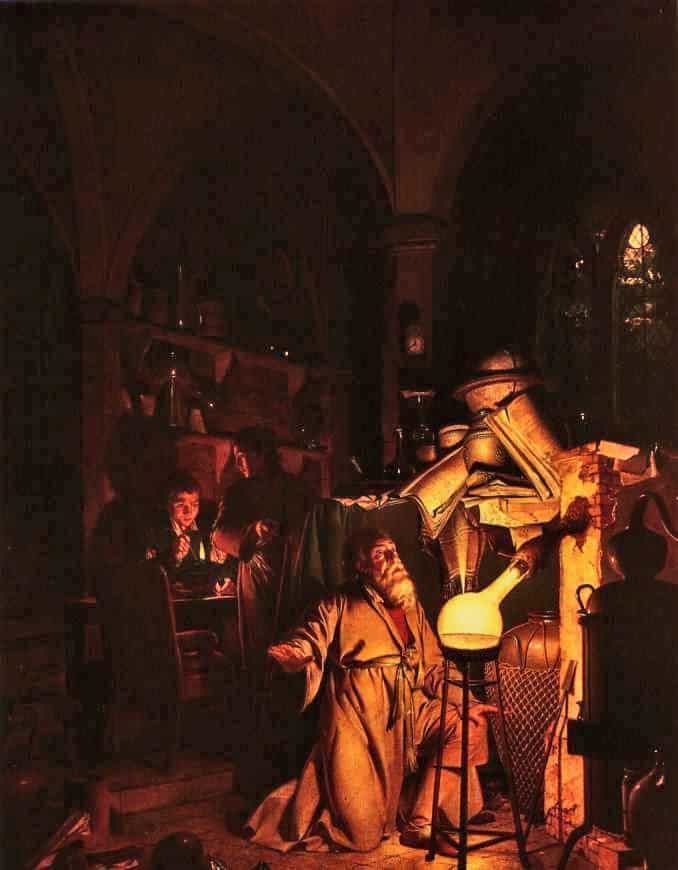
There was a fine line between science, superstition, and religion, and in Newton’s age, this was all vague. People could not really tell what they believed in but they had a strong faith with the Bible. While Newton was in search of the Philosopher’s stone it was believed that he was on verge of madness. Being involved with his alchemy experiments and occult studies, he believed that the Book of Revolution would really help him to discover the whereabouts of the mythical stone.
All of his works in alchemy were kept as a secret until he died; some commented that it was destroyed by an accidental fire caused by his dog. But in 1936, some of those documents that were “saved from the fire” were later published on the internet for everyone’s access.
All his Life, Newton was Suffering from an Illness
Isaac Newton’s period of madness was believed by biographers to last for only one and a half years between 1692-1693 after which he returned to his ‘normal’ self. However, some biographers claimed that the prodigy was suffering from mental illness bipolar disorder all his life with symptoms showing since he was a child. At his young age, Newton never really learned how to make friends or play with other kids.
He preferred to be alone to study and create things. He did not even get to meet his father as he died even before he was. born. Newton’s mother remarried but was never in good terms with his stepfather. With all of those issues, Newton chose to stay with his grandmother and he stayed civil with his half-siblings from his mother’s new family.

Because of those personal experiences, Newton developed an arrogant personality. He only became friends with those who considered him great and a genius, yearning for a fan rather than a friend. He was also often very lonely and depressed. He even wrote a list of the ‘sins’ he had committed since he was a child. Newton had a very grumpy personality that sometimes resulted in violence.
When he studied at Cambridge, he had suicidal notes where he wrote all of his feelings of sadness and loneliness. He believed he knew all there was to know about the word which was felt by many throughout his life. Many people supported the fact that Isaac Newton may have lived with a life full of knowledge and discovery but he was unable to really find his true self.
He has a High Judgment of Himself
It might be a little confusing that Sir Isaac Newton was an atheist when in fact he spent a lot of his life studying the Bible. However, this was because he believed that it was needed in alchemy. For him, the Bible contains the secret of alchemy; it was his key to success in his experiments. Throughout this stage, he made some notes where he wrote how he was some kind of “chosen one” like Jesus.
He believed that like Jesus, he was chosen by God to study and discover the secrets of the Bible and reveal it to the world. He then lost his faith in Jesus but never revealed it, since that time people who do not believe in the Bible would be executed. Thus, he refused to believe the Holy Trinity.
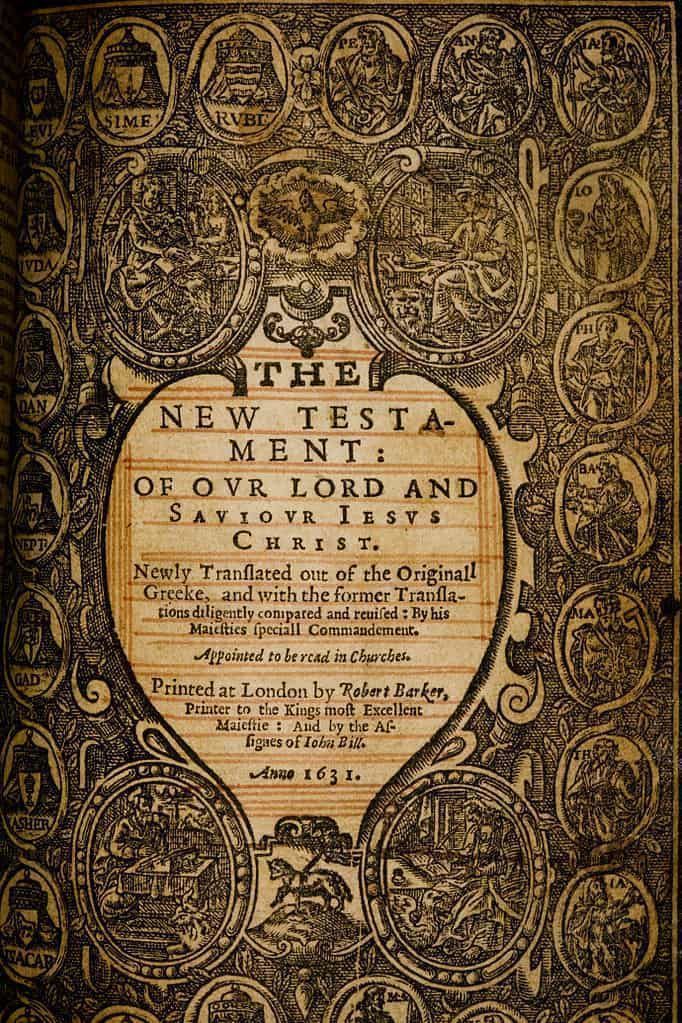
As Newton believed he was someone like a bridge or a messenger that connects the people to God, he spent most of his “madness” period studying every single thing recorded on the Bible. He even saw the Temple of God as a code of geometric dimensions where heaven and earth meet. He tried to calculate and justify everything. Newton never accepted other’s opinions unless it was in favor of him.
Before being a fellow at the Trinity Church on his time, men were required to be a priest first. However, Newton didn’t want to be a priest and thus argued with the Anglican Church, saying that as a Mathematics chair he only needs to concentrate on figures and science instead of religious beliefs. In the end, the King somehow allowed his request.
Newton’s Madness Was Never A Secret
Known for his arrogance and indifferent personality, no one really wanted to get close with Newton. However, it had been recorded in the history that he became a little friendly with Nicholas Fatio de Duillier. Nicholas was also a protégé like he was, which was likely the reason why they enjoyed each other’s company. However, their unusual closeness caught a lot of controversies. Since Newton was never associated with women, people have speculated that he had a homosexual relationship with Nicholas.
There was really no evidence about this issue as none of the contexts from the history ever mentioned it. But in the end, it was safe to conclude that Newton did not even have a slight interest in sex or a relationship with any kind of emotional connection. What had been mentioned in his notes was his strong disagreement with meeting women.
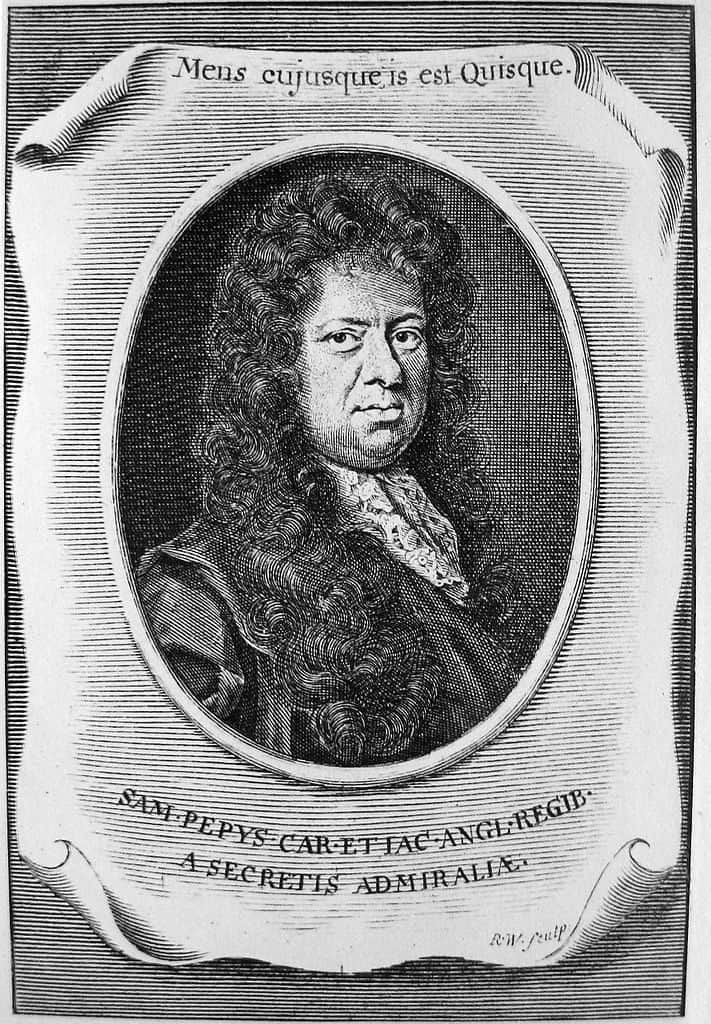
Newton wrote everything he felt through letters when he was on his period of “madness”. People who received some of his letters even judged him for being irrational. They never expected to hear from Newton and he was suddenly admitting to his letters that he was being melancholic. During this time, he admitted that he suffered from hallucinations, delusions, tremors, insomnia and even inability to eat. It was the most upsetting days of his life.
According to his letter to Samuel Pepys, he had lost “my former consistency of mind”. It was hard for him to accept that he was in a state sadness which everybody calls as “melancholia”. People around him had already concluded he was mad when they saw him talking to himself in an empty room.
Newton’s Personality Caused Large Issues Between other Geniuses
Newton was a highly intelligent man but he was truly self-centered. He was proud of being a smart man but never shared his discoveries with anyone else. He was obsessed with his studies and was afraid that somebody would steal or take credit for his hard work. He never trusted anyone, whether it was his colleagues or other academics and researchers who appeared in later time. In 1711, Newton even accused Gottfried Leibniz of plagiarism as the development of calculus appeared in history.
Newton argued that he started the idea of calculus in 1666 but he did not publish it in time with fear of this issue happening. His notes about the calculus were published only after his death. Thus, he went ballistic when Leibniz published his work in 1684. Because of Newton’s accusation, Leibniz became a complete outcast in his last decades.

With all of Newton’s followers, he was able to create a big dispute and paint himself as the victim. However, people never heard of Leibniz side of the story. This controversy was purely based on Newton’s fear as he had really a big definition of himself, and his greatest fear was that he might not be the greatest mathematician in history. Eventually, the Royal Society created a committee to investigate the issue.
However, they held a bias towards Newton and later on closed the case in favor of Newton, without even giving Leibniz the opportunity to present his side. The committee was only made for formality on Newton’s account and nothing much more. With Leibniz death in 1716, it was only in the 20th when several historians agreed that they both came up with the same discoveries but independently.
Newton Was Not the Kindest Guy in History
Leibniz died without even claiming his name and worse, the issue did not die even after his death. He was already six-feet under the ground but Newton still used his influence over the Royal Society to claim the discovery all on his own. Newton may be one of the smartest men in history but not the kindest or fair. His viciousness did not stop with the Leibniz controversy.
There were other fellow scientists who experienced Newton’s unbelievable personality. Newton became very famous in the books because of his two famous discoveries, Newton’s law of gravitation and law of motion. However, again, he was not the only one who came up with this discovery. The English scientist, Robert Hooke also discovered those theories and Newton feeling threatened tried to hide this fact after Hooke’s death.

Robert Hooke was the head of the Royal Society of London until his death. At first, Newton could do nothing about their clash on different discoveries because of Hooke’s position. The two often had arguments about their work with their theories of light and optics. Unfortunately, Hooke died and the role as the head of the Royal Society was passed onto Newton.
When Newton officially claimed the power, he hid all of Hooke’s documents regarding their correspondence, and even all the minutes recorded that time. Within just a snap of his fingers, a total of 520 papers were gone. There had also been stories which claimed that the moment Newton sat on his position at the Royal Society, he removed the only painted portrait of Hook in his life. However, there is no proof about this story because, in the first place, Hooke never had a known portrait from history.
Newton and His Sense of Judgment
According to science books, we knew Newton was a real genius, a mathematician and a famous scientist. However, he also lived his life being a part of the government. He was once part of the Royal Mint as a Warden and then soon become a Master. Those positions didn’t really require him a lot of effort but gave him plenty of financial support.
However, he got in an argument with the Chancellor of the Exchequer, Charles Montagu. Montagu requested Newton to do a job but he wasn’t able to uphold his duty. After some talk, Newton agreed and did what was needed to be done.
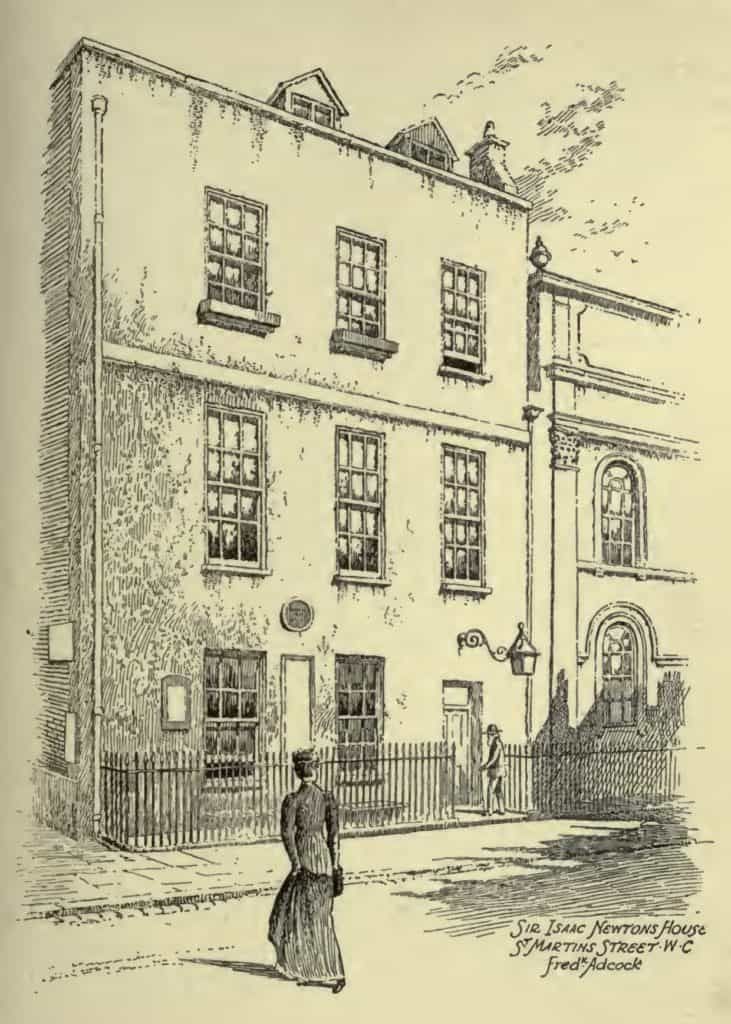
Without fear, Newton went to the scene himself. He investigated the counterfeiting happening in the taverns. Upon seeing the scene himself, he wiped out every single counterfeiter and punished them as fast as possible. Newton was able to convict one of the counterfeiters. However, with his high ranking friends, he was able to find his release from prison but Newton did not stop.
He only prosecuted him again which lead to him getting sentenced to death by hanging. Newton was really active on his job during those times. He looked like he was on a prosecuting spree. All in all, he was able to prosecute 28 people for counterfeiting.
Newton’s Well-talked About Asperger Syndrome
Asperger syndrome was known as a developmental disorder with symptoms such as lack of interest in communicating and finding difficulty in interacting with people. It has been a long debate in history if Newton really suffered from this disease because of his aloof personality. It has been proven in the records that Newton had acquired three symptoms of the said syndrome. Particularly, the three symptoms were lack of social capacity to interact with others that made him struggle creating relationships, lack of social responsibility and being egocentric to the point of not caring about anyone else.
People who have gone to observe him supported these proofs. They even added some of their own opinions about Newton. His colleagues from the Trinity College stated that Newton never cared about his clothes or his appearance and he was completely indifferent to all the people around him.
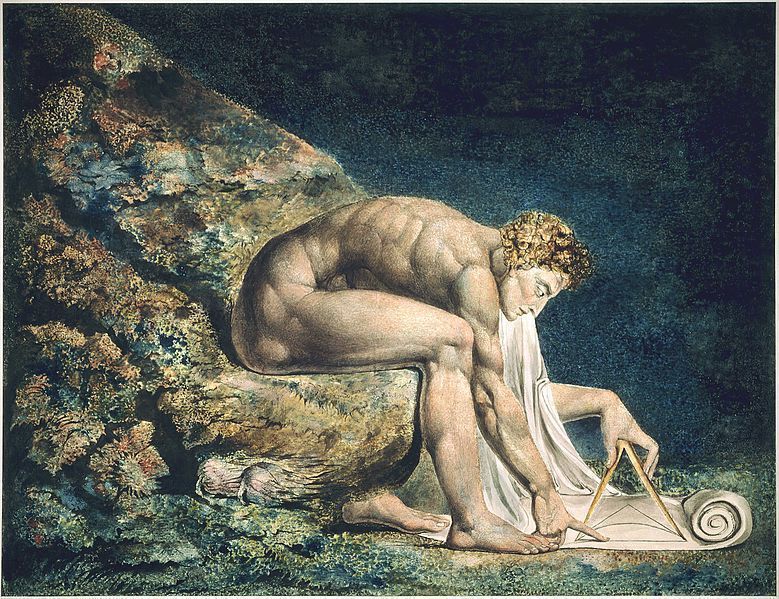
Although Newton’s syndrome did not manifest all at once, the symptoms were observed all throughout his life at different times. When he was a fellow at the Trinity, many students had witnessed how much Newton only cared for his studies and how he did not bother to look at the mirror to check his appearance. He even admitted that he often forgot to eat because he was too absorbed with his work. Newton seemed to only create relationships through writing because he could clearly state his words nonverbally.
It was not Asperger Syndrome
If there were people who claimed that Isaac Newton suffered from Asperger Syndrome, there were also people who believe that he did not. Isaac Newton did not really grow up, big and sturdy; he was even the complete opposite of it. He was a small kid when he was starting his primary years in King’s School at Grantham, and a nerd, thus a target for bullying.
He grew up without his dad that never really knew how to protect himself. However, instead of letting it break him, it motivated him to become the “best student” in his school. No doubt, he was able to develop a dominating and arrogant personality throughout the years. Aside from Asperger’s people also included in the reports that Newton must have been suffering on some other kind of mental disorder.
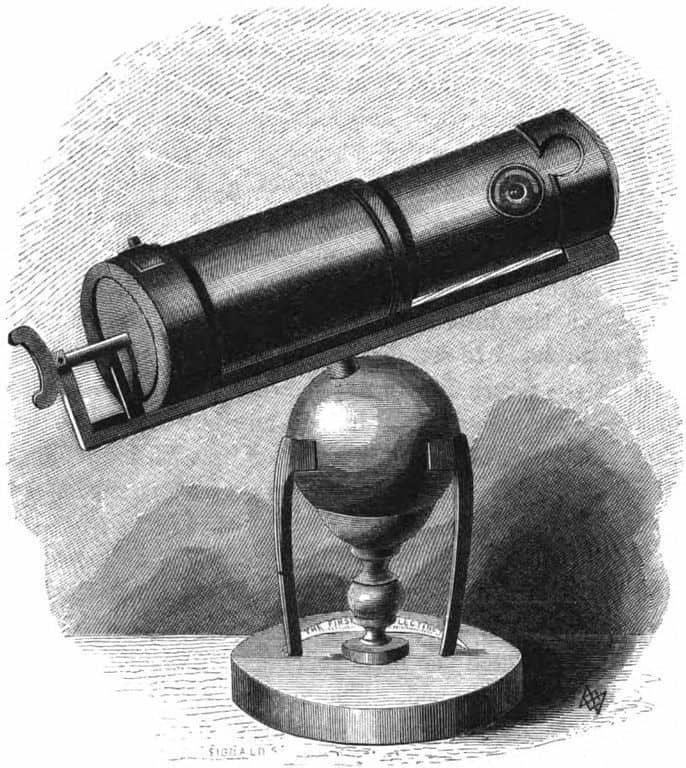
Newton had another characteristic that contributed to his unique personality. He had a stutterer which made it difficult for him to create a verbal conversation with anyone. He knew that his stuttering was another weakness the bullies picked at. Later in his career, he avoided public speaking. He became a government official, a Member of Parliament and a fellow at the Trinity College but never held long conversations.
Newton might also have developed his self-centeredness and arrogance because of fear that people might have associated it with his stuttering. Newton also had great hand-eye coordination which he showcased in his early years when he taught himself to create working models for machinery such as windmills. They claimed that it could not be done by anyone suffering from a disease.
Newton and His Difficult Personality
Although Newton was a real genius, he had a difficult personality that people associated with mental disorders and diseases. From Asperger Syndrome to bipolar disorder, Newton was a confusing troubled character for everyone. Some people believed he suffered from bipolar disorder mainly because of his indifference to everyone and his unstable moods. According to the people around him, he was not a sociable person.
William Whiston, one of the people who served Newton as his deputy back in 1701 at the Trinity College when he was a Lucasian Mathematics chair, even wrote that Newton was, “The most fearful, cautious, and suspicious temper, that I ever knew,” Whiston admitted that because of Newton’s personality he did most of Newton’s duties. Newton did not even want to get involved with his students and Whiston did not really understand why Newton decided to become a teacher when his personality did not allow him to teach.
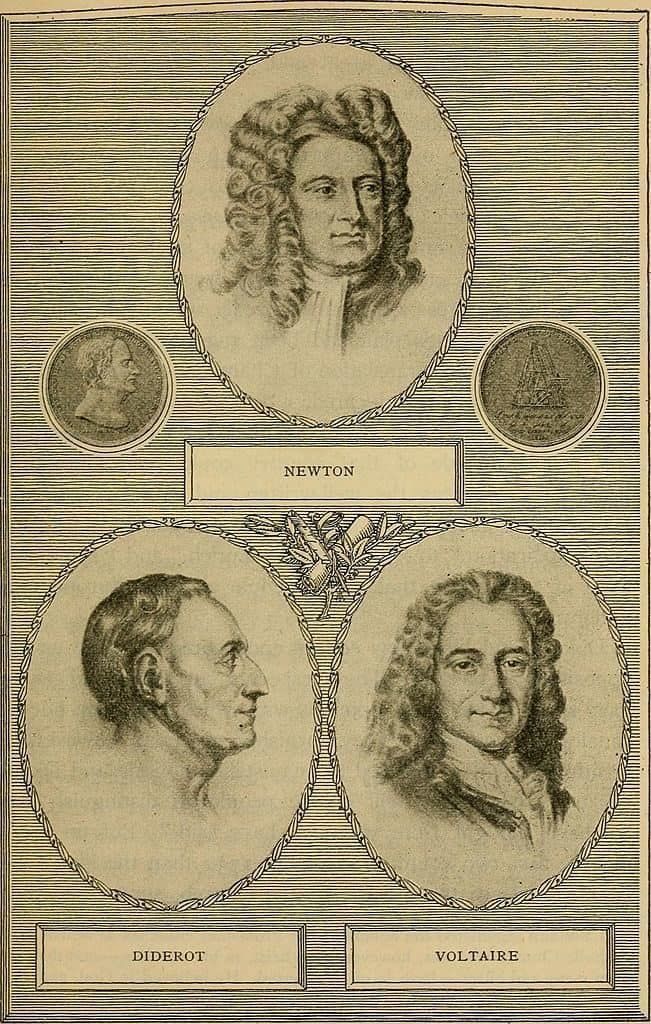
People also found another symptom of bipolar disorder in Newton’s behavior. His position at the Trinity College as a Major Fellow and Master of Arts allowed him to receive financial support from his mother and the school itself. He used the money mainly for renovating his rooms in early 1668. As time passed by, the school supported the reconstruction itself and thus, Newton focused all of his finances in redecorating and redesigning the interiors of his room.
He went on a shopping spree and bought everything he thought was needed to be replaced. From desks, cabinets, sofas, tables, chairs and even bed. People who believed that Newton underwent through bipolar disorder described his unusual shopping spree as a manic phase symptom.
Newton Has Great Focus
According to Newton’s secretary at Cambridge, he witnessed how Isaac Newton’s cat got fat all throughout his stay with him. He noted that Newton becomes highly-oblivious of everything once something caught his interest. He never even remembered to neither sleep or eat. Thus, his cat had the privilege to eat all his food.
Newton often remembered that he forgot to eat the next day when food was served to him got cold as it waited for him throughout the night or when it was all gone as his cat took advantage of it. His secretary noted that Newton literally gets lost in time and space once he concentrated on one research or experiment task. The perfect word to describe him as a professor would be an ‘absent-minded nerd’.
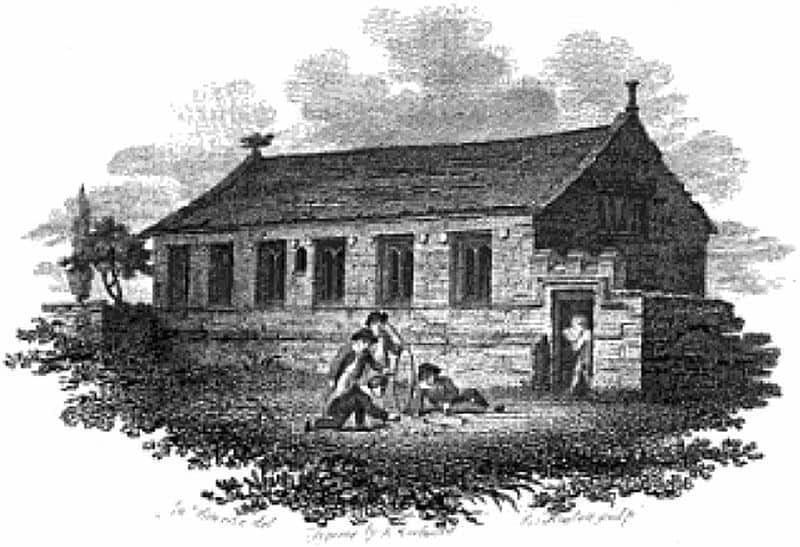
Newton was described by the people around him as someone really difficult to understand. He was a very suspicious person that he never trusted anyone. He chose not to engage with things like social gatherings as he thought people had something else in their minds. In the modern world, we can describe Newton as a person with severe trust issues and paranoia. He was also labeled as “forgetful” because of his ‘disturbed mind’. One of his friends from Royal Society, John Locke, noted that Newton was a little too apt to raise in himself suspicions where there is no ground. He treated him as a friend but he never really knew if Newton did the same.
Also, the reason why Newton’s work was never published during his lifetime was his paranoia for the criticisms and the fear of other people taking credit for his work. However, he always went ballistic whenever his ideas were being “copied” by other scientists and mathematicians. Indeed, Newton was a big puzzle, everyone who met him must have really had a hard time figuring him out.
He Was Bitter About Things
Newton decided not to publish his works because of the criticisms he and his work might receive, especially when he had experienced this thing before. He got into an argument with John Flamsteed who accused Newton of not being able to give credit to his work when Newton used his calculations about gravity. The two went on a long and serious series of bickering until Flamsteed decided to report it to Royal Society.
It was not the first time for Newton to hear this kind of accusations. When he released his work about the nature of life, many other scientists could not believe that Newton used their works as the basis of his studies but never received any credit.
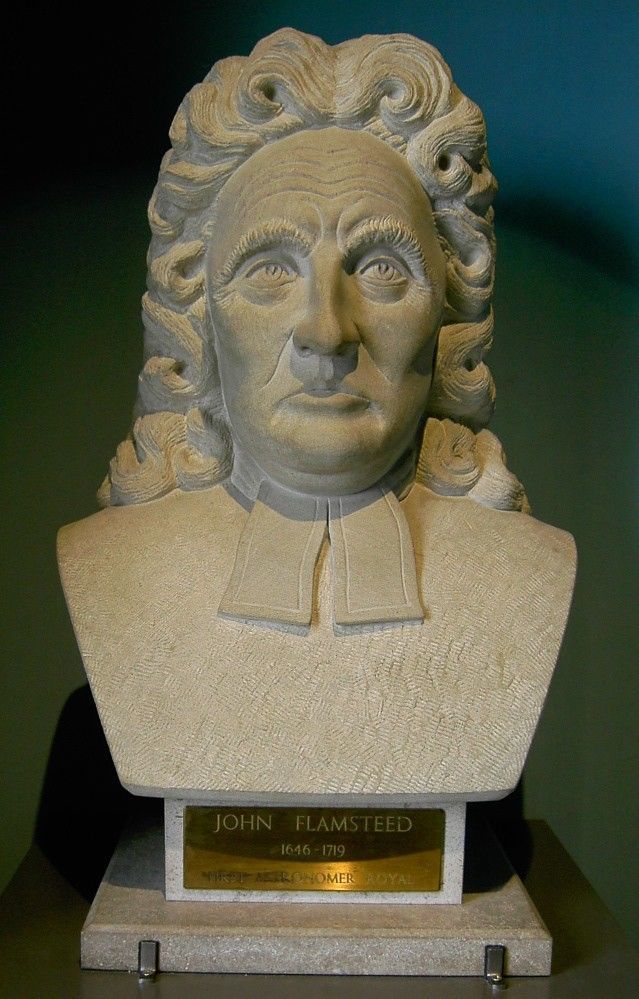
If we put the puzzle pieces together, as much as Newton was afraid of getting his work published because of his “giving the credit” issues, he was the one who was often accused of stealing the work of the others. Flamsteed stated that Newton used his research when he’s trying to solve his own studies about gravity.
However, Newton only responded with witty comments along the lines of, ‘Flamsteed dug the useless ore, but I was the one who transformed it into gold’. He seemed to be pretty confident with his answers despite the complaints, but as he started to secretly publish his works, we can conclude that he was also affected by the issue. “…I conceive myself to have discovered the surest of explanations, but I refrain from publishing books for fear that disputes and controversies may be raised against me by ignoramuses.”
Newton and His Dull Life
One of the reasons Newton probably failed to have friends all throughout his life was because of his insignificance with art. He had a library with 1,896 books but more than 3/4 were academic books. If anything, we can only find one work of William Shakespeare and Edmund Spencer on those books, “Hamlet” and “The Tempest”. He also owned several copies of poems but labeled them as “ingenious nonsense”.
Newton tried to watch an opera, and according to William Stukeley, he only left one comment, “The first act I heard with pleasure, the second stretched my patience, at the third I ran away”. All throughout the play, instead of appreciating the music, all he tried to do was observe the musicians on how they play the instruments and silently judge their mistakes.

Perhaps because of his uninterested personality when it comes to art, which was on a trend by his peers at his era, he was unable to start or even join conversations with them. But later on, he admitted that he was once lonely but he preferred to not have any company besides himself.
He never liked to read other’s works particularly drama or novels, he never had the time to watch a play (plus, he’s clearly uninterested), and he never really liked the sound of music. His own works and even his private letters were void of adjectives and other creative styles. But one thing colorful remained in him, his love for landscaping. He even went the trouble to keep his own landscape while he was at Cambridge.
Newton was Very Health Conscious?
All his life, people around him believed that Newton, all in all, lived a very healthy life. It was never a secret to anyone that he suffered from a period of ‘madness’ but other than that there were no records stating that he saw a physician or a doctor. However, a lot of people until now were debating about his mental health. Aside from being accused of having Asperger’s and bipolar disorder, people also believed that he suffered from hypochondria.
The accusation was supported by the fact that Newton added medicinal elements and potions in his alchemy experiments to find or make the Philosopher’s Stone or the Elixir of Life. His whole life depended on consuming a famous medicinal balm named as Lucatello’s Balsome. It was known for its medicinal promises like treating dog bites and measles.
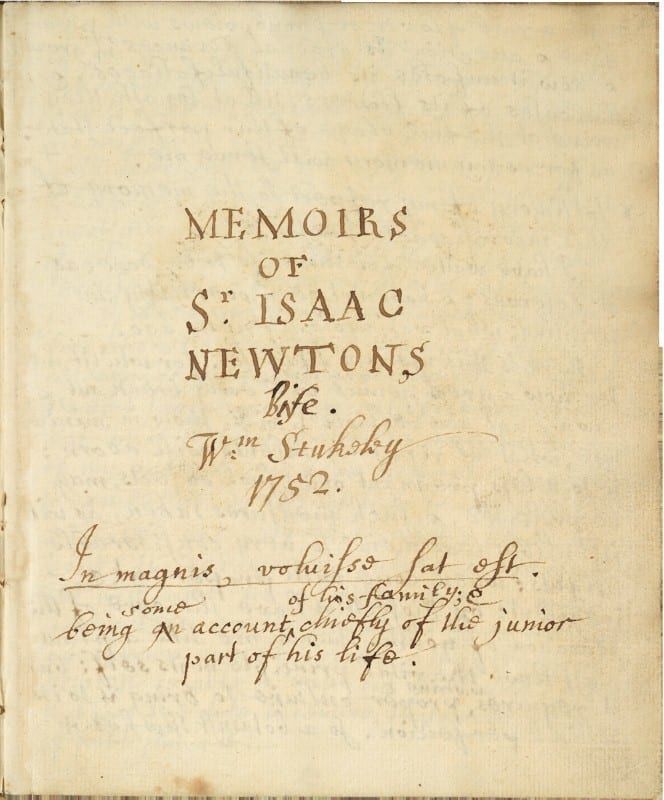
During Newton’s time where plague and contagious diseases were present, it would be impossible for him not to experience any kind of sickness. He once wrote in his note that he was under “Chamber by a cold” but after a week went back to business again. As balm was very a typical solution for health issues during the time it seems that he only did consume the famous balm as there were no records of him consulting a physician for medicine or finding miracle healthful to get better.
He Loved His own Company
With his history as a child and his physical qualities, Newton developed a unique personality that no one could easily fathom. Over time, he preferred to be alone and be his own company. As much as possible, Newton avoided talking and communicating with anyone unless he really needed to for his works. Based on his own notes and the contemporaries’ writings of him, he never even showed emotion aside from anger.
He never tried to express himself, but he got a little sense of humor with a little arrogance. He was too proud to share his achievements even to the people who helped him just like what he did to other scientists. He controlled every bit of his emotion as much as he could and he never wrote about his desires. When he got into the state of ‘madness’, it was only then, he was able to express his sadness and guilt all throughout his life.
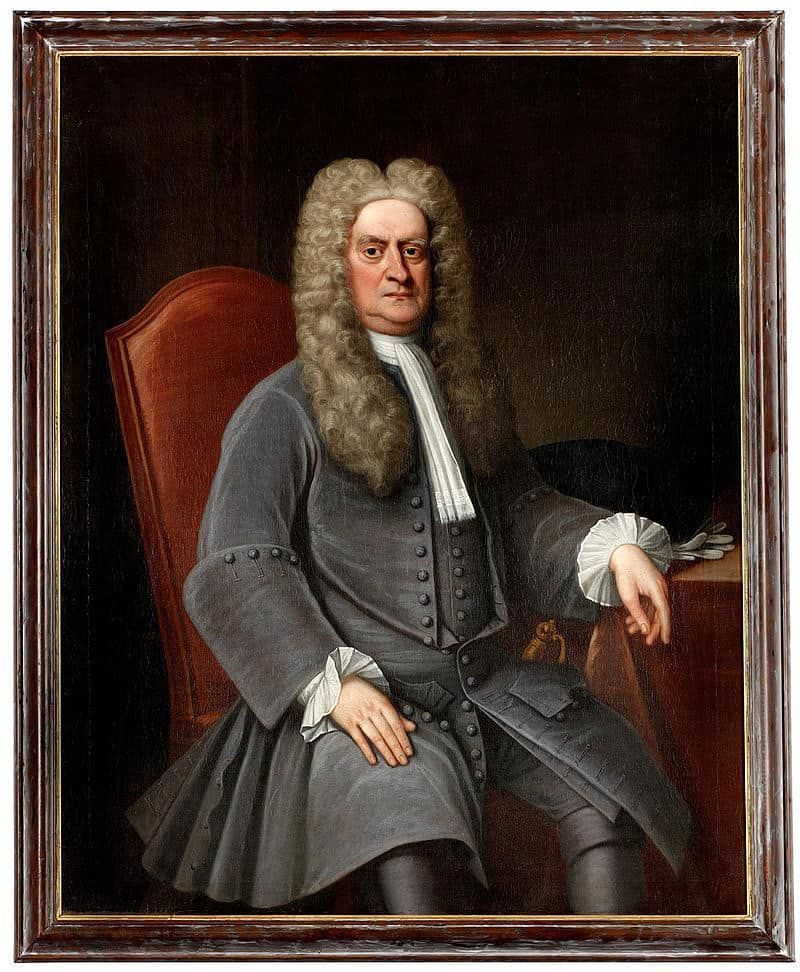
Newton was a typical man, he also felt sexual desires but he chose to control it. He decided to be chaste and he remained to be until his death. “The way to chastity is not to struggle with incontinent thoughts but to avert the thoughts by some employment (sic), or by reading, or by meditating on other things, or by convert”. Later in his lifetime, he was able to reveal to a relative that it was not impossible for him not to fall in love especially during his adolescence before he started his career. However, with how the things had turned out, we could say that it just did not come in the right timing. We probably would not really get to know Newton’s real personality with just a bunch of accusations and beliefs but we could hear the opinion of one of the people closest to him.
Humphrey Newton his secretary for a long time at Trinity College described him as, “His behavior was mild and meek, without anger, peevishness, or passion, so free from that, that you might take him for a stoic.” No matter what personality Isaac Newton really had, in the end, we should only remember that he’s just a human being too. We will never be ourselves without our own flaws.




